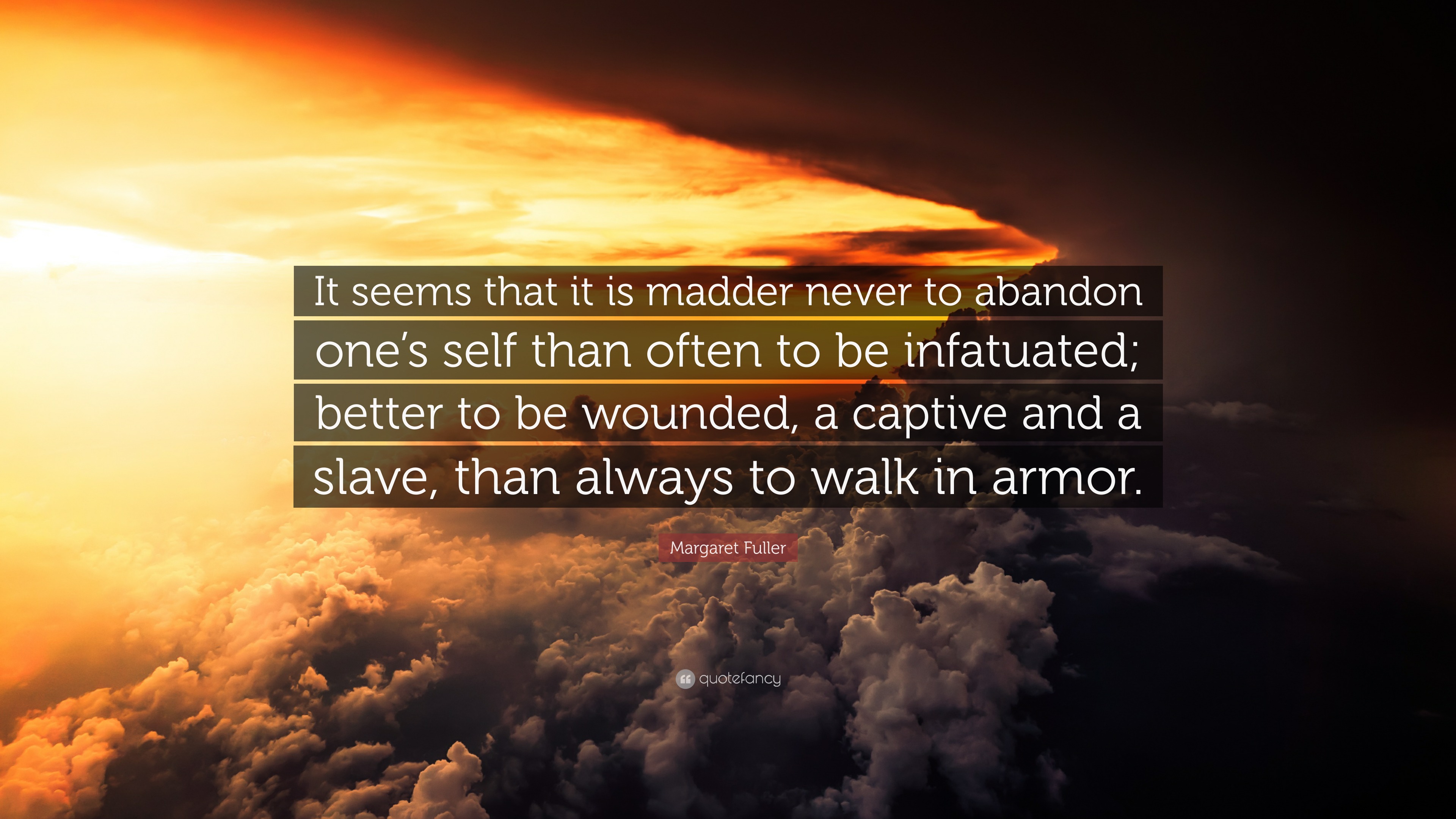Editor’s Note: This article discusses suicide. If you or someone you know is having thoughts of suicide, help is available. In the U.S. and Canada, call or text 988. In the U.K., call 116 123.
Crisis Text Line: Text “HOME” to 741741 from anywhere in the US, Canada, UK, or Ireland to connect with a trained Crisis Counselor, or follow this link for more resources: International Association for Suicide Prevention.
We believe in fostering open and responsible discussion on difficult topics, while also prioritizing the well-being of our community. Please be mindful of your own needs as you engage with this material.
If you like reading about philosophy, here’s a free, weekly newsletter with articles just like this one: Send it to me!
Saving someone from attempting suicide is glorified and is considered a heroic act. In this paper, I will argue that it is not always the right course of action. Suicide comes from subjective reasons why one’s life is not worth living anymore. A suicidal person sees no more value or meaning in life, and in many cases, their life is so full of hardships that they outweigh the good things experienced now and then, and so life becomes intolerable. In such a case, the subjective meaning that one gives one’s life disappears, and death seems like a desirable option, or at least, an easy way out of the unbearable suffering. This is when saving one from killing oneself not only is not the right choice, but prolongs one’s suffering, and that makes it an immoral course of action. Sometimes letting die is the right thing to do — for the sake of the dying person’s ease.
Introduction
Reports often praise a ‘hero’ who prevents someone from jumping off a bridge. Such acts are celebrated as unquestionably right, for saving a life is assumed good. Yet little attention is paid to why the suicidal person wished to die. Their decision suggests life no longer feels worth living, and this judgment is not for others to overrule. Religious perspectives claim life is sacred and must be preserved, but my concern lies elsewhere: the meaning of life for the suicidal person. I will examine reasons for choosing death and argue why this may, at least subjectively, be the right decision. Intervening is not always good; it can prolong suffering or prove pointless if the attempt recurs.
The purpose of this paper is to show why ‘letting die’ can sometimes be the moral choice. Suicide arises from the loss of subjective meaning, something only the individual can assess. Thus, saving them may not be heroic but instead harmful.
Meaning of Life
Everyone has a right to life, which means no one may end another’s life against their will or make it harmful. In a positive sense, some are obliged to save a life when possible. Yet I argue for an exception: one’s life should …







